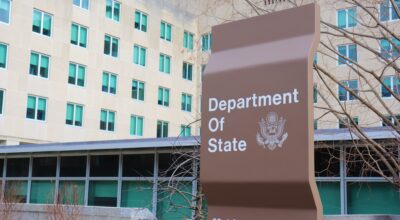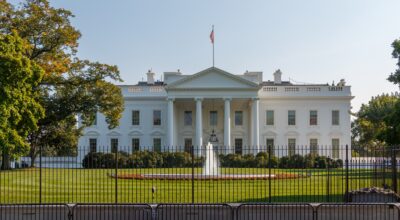Primer: Pandemic and Disease Spread at the Southern Border
The prevalence of people illegally approaching our border, carrying diseases not endemic in North American communities, will always be a public health concern, but the safety of our communities is being further jeopardized by this administration’s reckless open border policies that empowers cartels to expand their illicit drug and human trafficking operations.
Synopsis
President Biden has issued executive orders at an unprecedented pace, many of them undoing the strong border enforcement actions put into place under the Trump administration. In turn, a full-blown humanitarian crisis has returned to the U.S.-Mexico border with CBP facilities in Texas reportedly reaching as high as 730 percent capacity.
The prevalence of people illegally approaching our border, carrying diseases not endemic in North American communities, will always be a public health concern, but the safety of our communities is being further jeopardized by this administration’s reckless open border policies that empowers cartels to expand their illicit drug and human trafficking operations.
Background
In March, it was revealed over 100 migrants at one facility in Brownsville, Texas tested positive for COVID-19 and had been released into the U.S. Cartels have also expanded their operations and profits for moving people into the United States following the suspension of the Migrant Protection Protocols and the recension of interior enforcement actions such as Executive Order 13768. China is also increasing its ties to cartel operations, pushing ever more potent forms of fentanyl into our communities and assisting in money laundering operations.
Concerns over the Biden administration’s approach with his February 2 executive order became almost immediately evident as a surge (that President Biden himself called for) began to materialize.
This edict suspended the ‘Remain in Mexico’ policy which forced migrants seeking asylum to remain in Mexico while their cases were being adjudicated, reinstated unlawful catch and release policies, and terminated transformative border enforcement agreements between the United States and Central American nations to mitigate illegal immigration and crackdown on human traffickers and cartels.
Policy Responses
A letter from Sen. Tom Cotton (R-AR) circulated on February 11 warning the Biden administration of the looming border crisis and due to its reimplementation of open border policies. It calls for the president to reinstate the orders issued by the Trump administration.
A discharge petition led by Rep. Yvette Herrell (R-NM) and Rep. Chip Roy (R-TX) was filed to force a vote on H.R. 471, the Protecting Americans from Unnecessary Spread upon Entry (PAUSE) Act. If the petition receives 218 signatures, the legislation can be brought to the floor of the House for a vote.
The PAUSE Act would prohibit the secretaries of Homeland Security and HHS from easing border health provisions unless and until the public health emergency under Title 42 of the Public Health Service Act is rescinded, every State rescinds its public health declarations, and the Director of the CDC declares travel to and from Mexico and Canada to once again be safe for public health.
Policy Impact
If successful, the discharge petition would bring the PAUSE Act to the floor for a vote and strip control of the House floor schedule away from Speaker Pelosi. Long term, H.R. 471 puts the health of American communities at the forefront of a secure border framework.
The legislation preserves Title 42 as critical for not only protecting Americans from further spread of COVID-19, but also from contagious diseases not endemic in the United States. This approach provides a more holistic security mindset for lawmakers and if enacted, would further underscore that the health of American citizens remains a top priority for our elected leaders.



